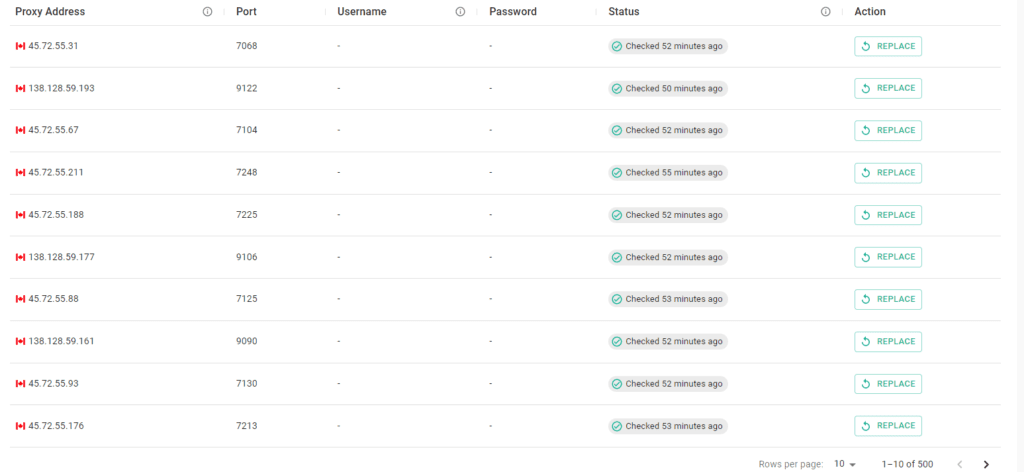A residential proxy acts as an intermediate server for traffic between your gadgets and the sites you access. It gives you an online anonymity advantage by making your traffic seem like it’s emerging from the proxy server’s region. This attribute aids in accessing geo-restricted data such as YouTube videos not available in your area.
Unlike the traditional proxy servers that channel your data via a data center, residential proxies reroute your data through regular internet service provider-connected computers or phones. This characteristic makes your proxy usage less noticeable and minimizes the chances of your connection getting blocked.
The Functionality of a Residential Proxy
Residential proxies generally work by:
Channeling your data through a set of intermediary devices.
Proxying your connection via a genuine device linked to a residential ISP.
Concealing your actual Internet Protocol (IP) address from the resources you connect to.
Masking your requests to resemble other normal connections.
Significantly reducing the likelihood of your proxy connection being identified and blocked.

Advantages of a Residential Proxy
Residential proxies provide multiple benefits:
Identity Concealment: Residential proxies hide your actual IP address, thereby disguising your internet browsing activity.
Enhance Web Scraping: They enable you to pull publicly available data from websites, becoming a valuable source of information. With a residential proxy, your IP address changes every time, making it hard for web scraping detectors to block you.
Reduced Blocking: Unlike traditional data center proxies, residential proxies have numerous IP addresses worldwide, making it difficult for sites to block them.
Multiple IPs Simultaneously: High-quality residential proxy services allow you to connect via an unlimited number of IP addresses concurrently. This is particularly useful when managing multiple social media accounts without raising suspicion from providers.
Speed: Residential proxies offer faster speeds compared to Virtual Private Networks (VPNs) and shared proxies as they have less overhead and fewer users sharing the same servers.
As for cost, residential proxies generally cost more than data center proxies due to their superior performance in masking proxy usage.
Common Use of Residential Proxies
Residential proxies are useful for individuals and businesses alike, especially in digital advertising, affiliate testing, market price monitoring, web scraping, and social media automation. There is no legal restriction on using residential proxies; however, they should not be used for illegal activities.
What’s the Difference Between a Residential Proxy and VPN?
While both proxies and VPNs function as intermediaries and mask your online activity, a VPN additionally encrypts all the data being transferred, giving it an edge in terms of security. For a high volume of requests, residential proxies may be more cost-effective and faster.
Finally, a rotating residential proxy assigns a new IP address from a pool each time you connect, providing a higher level of anonymity.

In summary, residential proxies offer an excellent route to secure online anonymity, making them invaluable for various business activities, from ad verification and web scraping to market price monitoring and digital marketing.

